Home >

Do you have questions about divestment and socially responsible investment?
The Land Trust Alliance provides some thoughtful information on their climate change website about divestment and socially responsible investment. You may find it helpful when discussing whether this is a path your land trust wants to take as a moral, ethical, and financial statement.
As the financial world looks at the risks associated with fossil fuels, others are considering different investment strategies, as noted in this article earlier this year from Forbes.
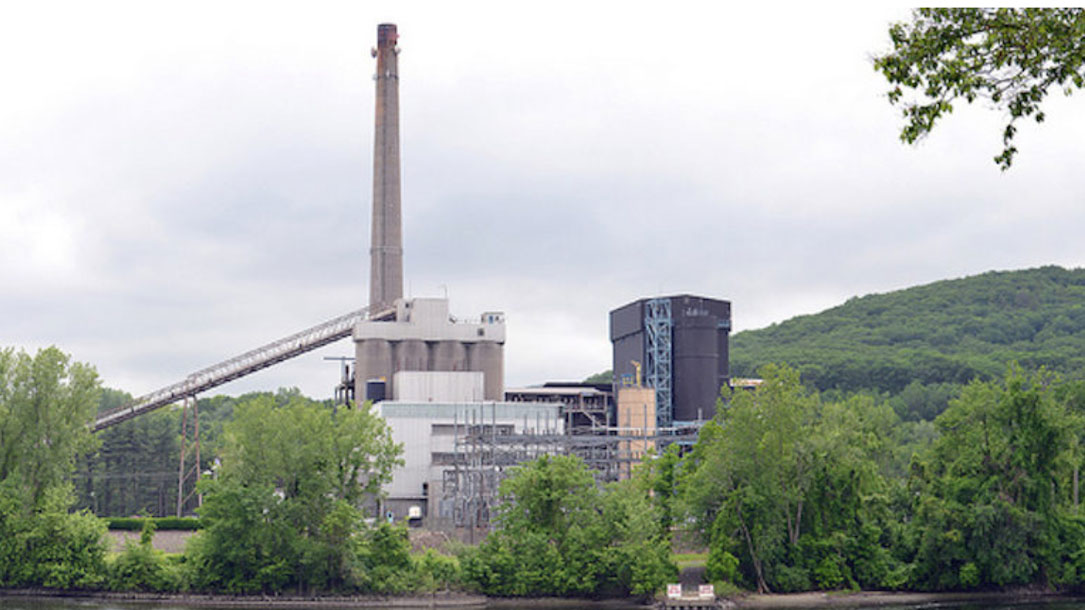
Example: Kestrel Land Trust takes action against climate change with fossil fuel divestment
Kestrel’s mission to conserve and care for forests, farms, and riverways in the Pioneer Valley protects the future health of our planet. They state that “the work we do is impacted by—and has an impact on—the crisis of climate change that is now defining our future. The overwhelming scientific consensus is that the burning of fossil fuels is warming our planet and threatening our global life support systems.
That’s why Kestrel’s Board of Trustees voted to eliminate equity holdings in companies owning fossil fuel reserves in all of the long-term endowment accounts that support their work…”

The great climate silence: we are on the edge of the abyss but we ignore it
After 200,000 years of modern humans on a 4.5 billion-year-old Earth, we have arrived at new point in history: the Anthropocene. The change has come upon us with disorienting speed. It is the kind of shift that typically takes two or three or four generations to sink in.
Our best scientists tell us insistently that a calamity is unfolding, that the life-support systems of the Earth are being damaged in ways that threaten our survival. Yet in the face of these facts we carry on as usual.
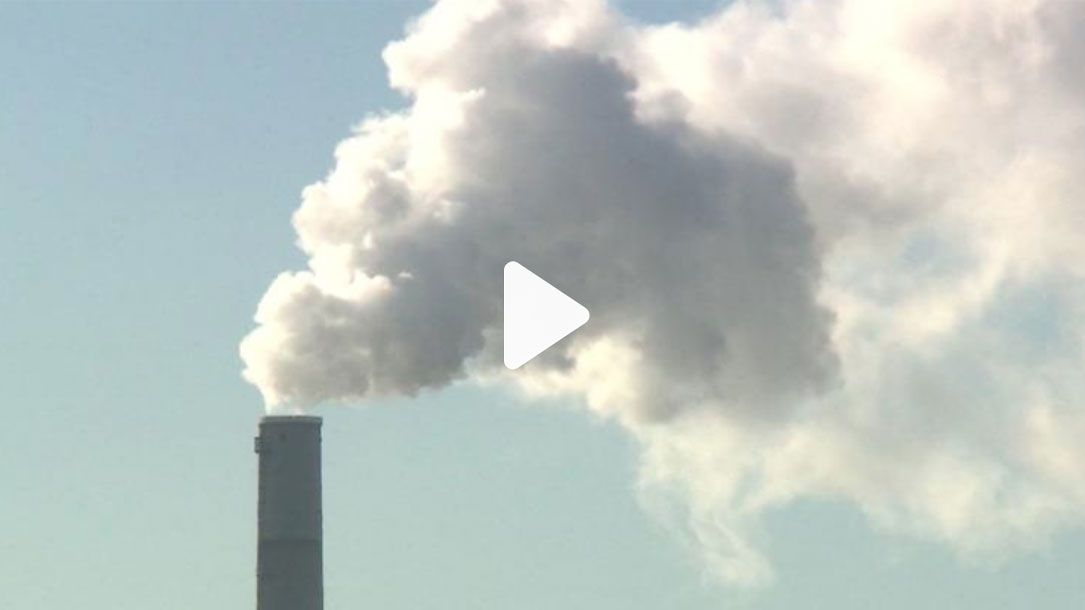
Planet has only until 2030 to stem catastrophic climate change, experts warn
“Governments around the world must take “rapid, far-reaching and unprecedented changes in all aspects of society” to avoid disastrous levels of global warming, says a stark new report from the global scientific authority on climate change.
The report issued Monday by the UN Intergovernmental Panel on Climate Change (IPCC), says the planet will reach the crucial threshold of 1.5 degrees Celsius (2.7 degrees Fahrenheit) above pre-industrial levels by as early as 2030, precipitating the risk of extreme drought, wildfires, floods and food shortages for hundreds of millions of people…”
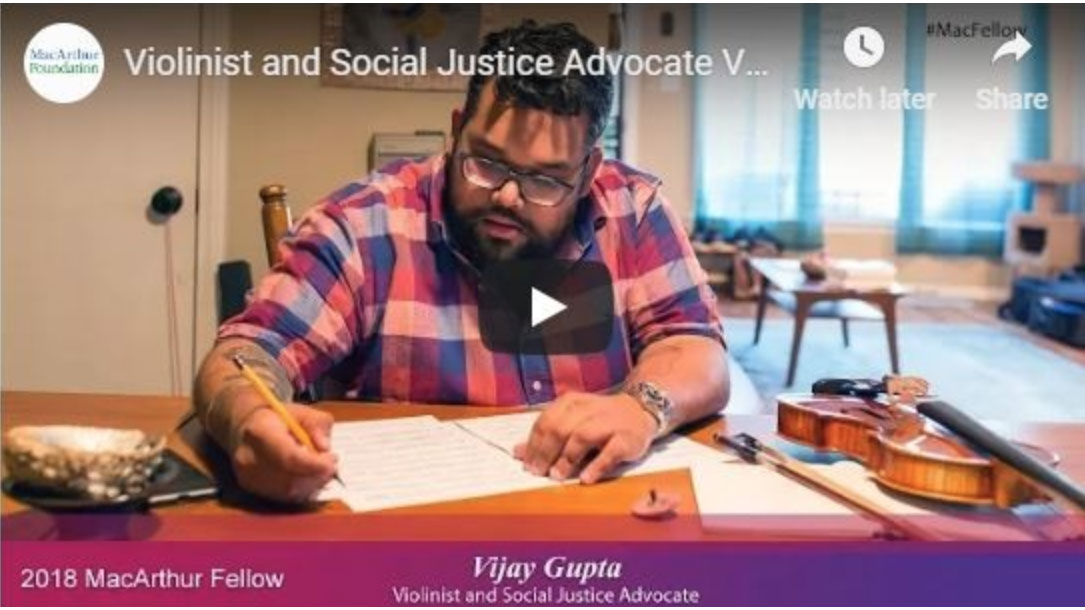
Vijay Gupta: The violinist for LA’s skid row wins a MacArthur ‘genius’ grant
Thinking differently about how music can change lives isn’t that different from thinking differently about how land and water can change lives. You don’t have to be genius. But you probably will need to think outside the box and in a paradigm that puts others first.
Check out this inspirational story of someone who uses music to do what others never would have done. How can you take this approach with conservation, community, and climate change?
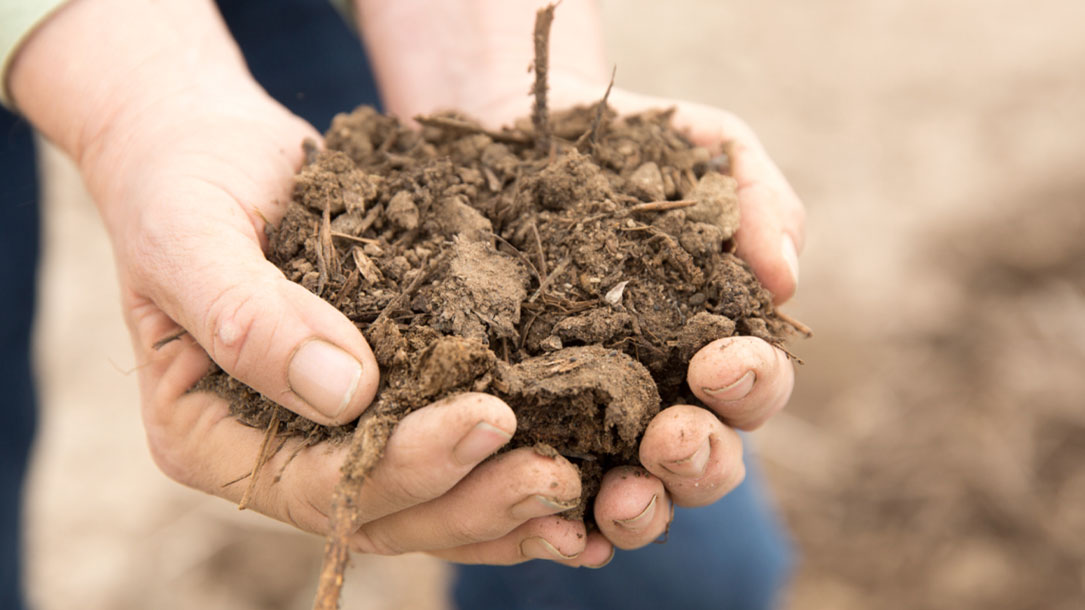
Carbon farming works. What is it? Can your land trust promote it?
Farming and ranching can help slow down climate change – but it will take significant changes for many to make that happen.
The first step is to understand what carbon farming is. The second step is to make it happen…
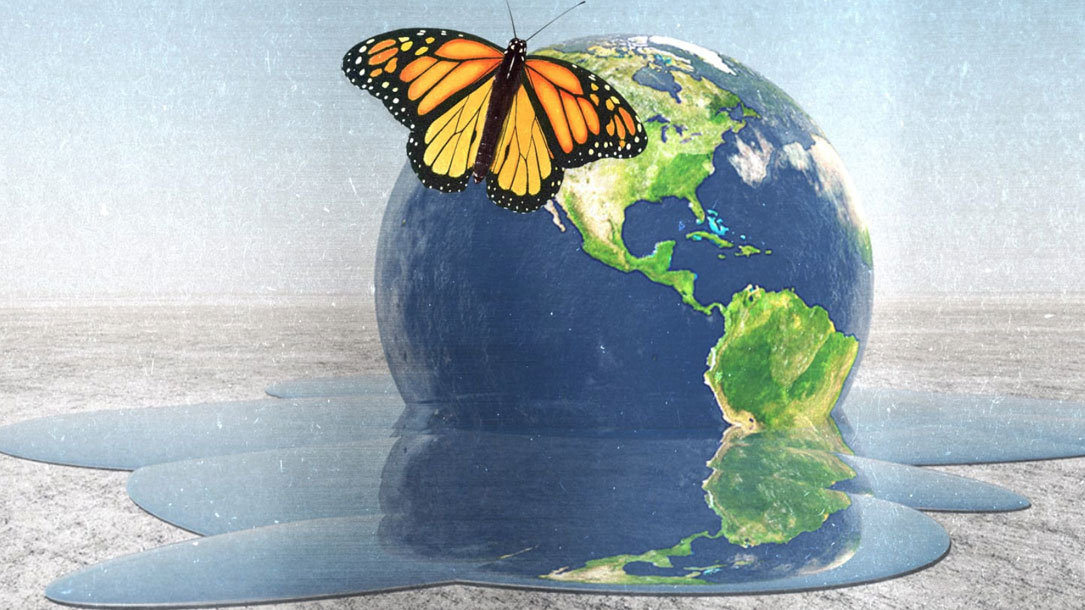
It’s a great year for monarch butterflies. Climate change means it won’t last.
What if your local land trust took 1/3 of the time it spent on land restoration (like planting milkweed) and applied that to partnerships and growing awareness to slow climate change down?
Many land trusts focus on land restoration as part of their pledge to conserve land for generations to come. With climate change – and the closing window for making a difference to the species you care about – your land trust may want to consider taking some of that time and moving it to community education and/or climate policy work.
Why? Butterflies are a good example of what is to come. “We may never see a [Monarch] population this big ever again,” Chip Taylor, professor of Ecology and Evolutionary Biology at the University of Kansas, said. “The fate of this butterfly does not look bright…”
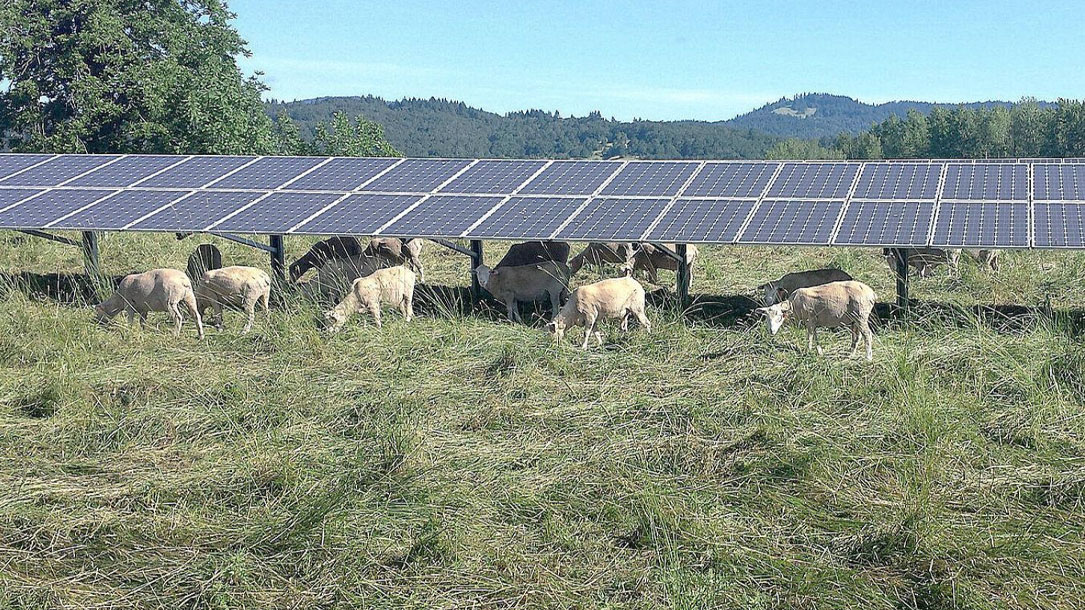
Study shows crops, forage may benefit from solar panel shade
An accidental discovery at Oregon State University may reveal how solar panels can help grow healthier crops on dryland farms.
Not only can solar power lower energy bills and increase efficiency, but the shade afforded by photovoltaic panels might also boost agricultural production on non-irrigated farmland, retaining more moisture for crops and livestock forage…
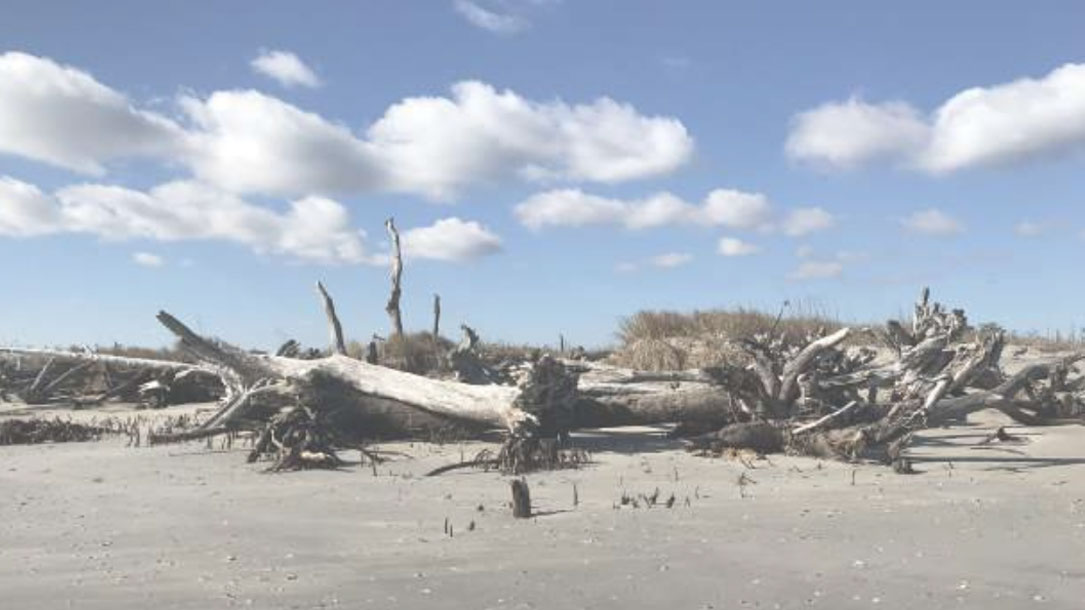
How will climate change impact coastal communities? Native plants out of control
‘”This shrub has always been here, it’s a native species. But it has just taken over,” said Julie Zinnert, Ph.D., an assistant professor in the Department of Biology in the College of Humanities and Sciences, on a recent visit to Hog Island. “If you look over this way, that’s all shrub. It’s a wall of shrub, just ginormous thickets. And that’s because of climate change…”‘
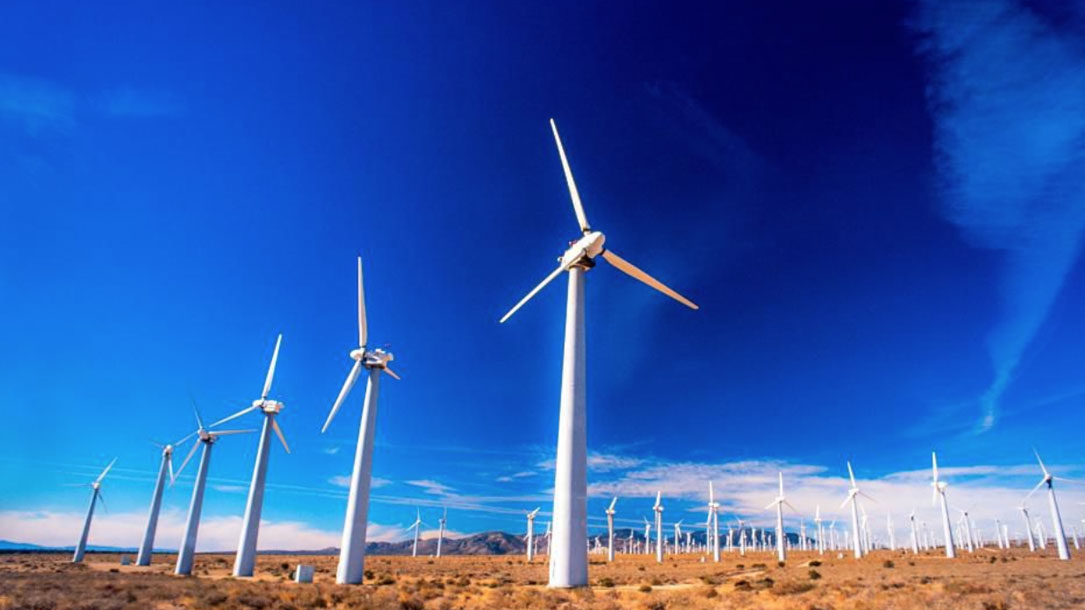
No, wind farms are not causing global warming
If you hear pushback about wind energy, whether it’s because of the impact on birds and bats, land fragmentation, or light and sound, it’s helpful to frame your response based upon facts and in the context of what havoc climate change will wreak if we don’t slow it down.
Research is documenting we are headed towards massive species die-off, including birds and bats, if we continue on our current track to an increase of three degrees Celsius.
One of the strategic actions your land trust can take is to help your community understand the need for renewables and how they are a necessary part of the conservation solution. A good place to start? Dispel this misconception…












